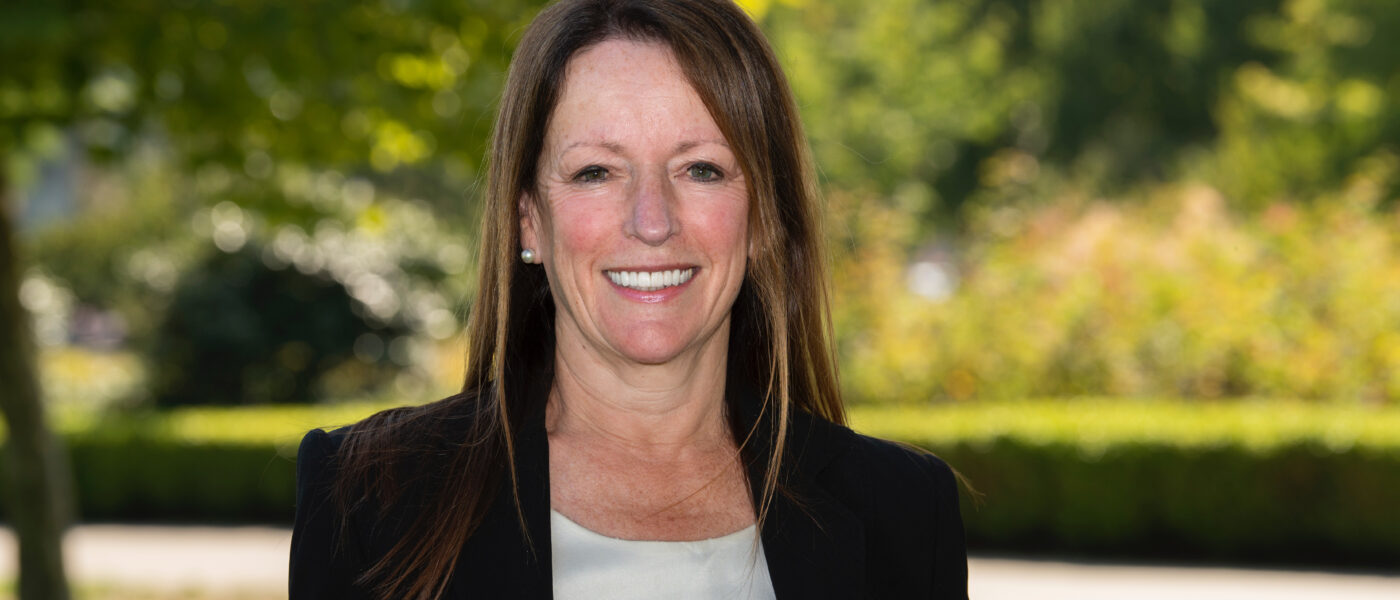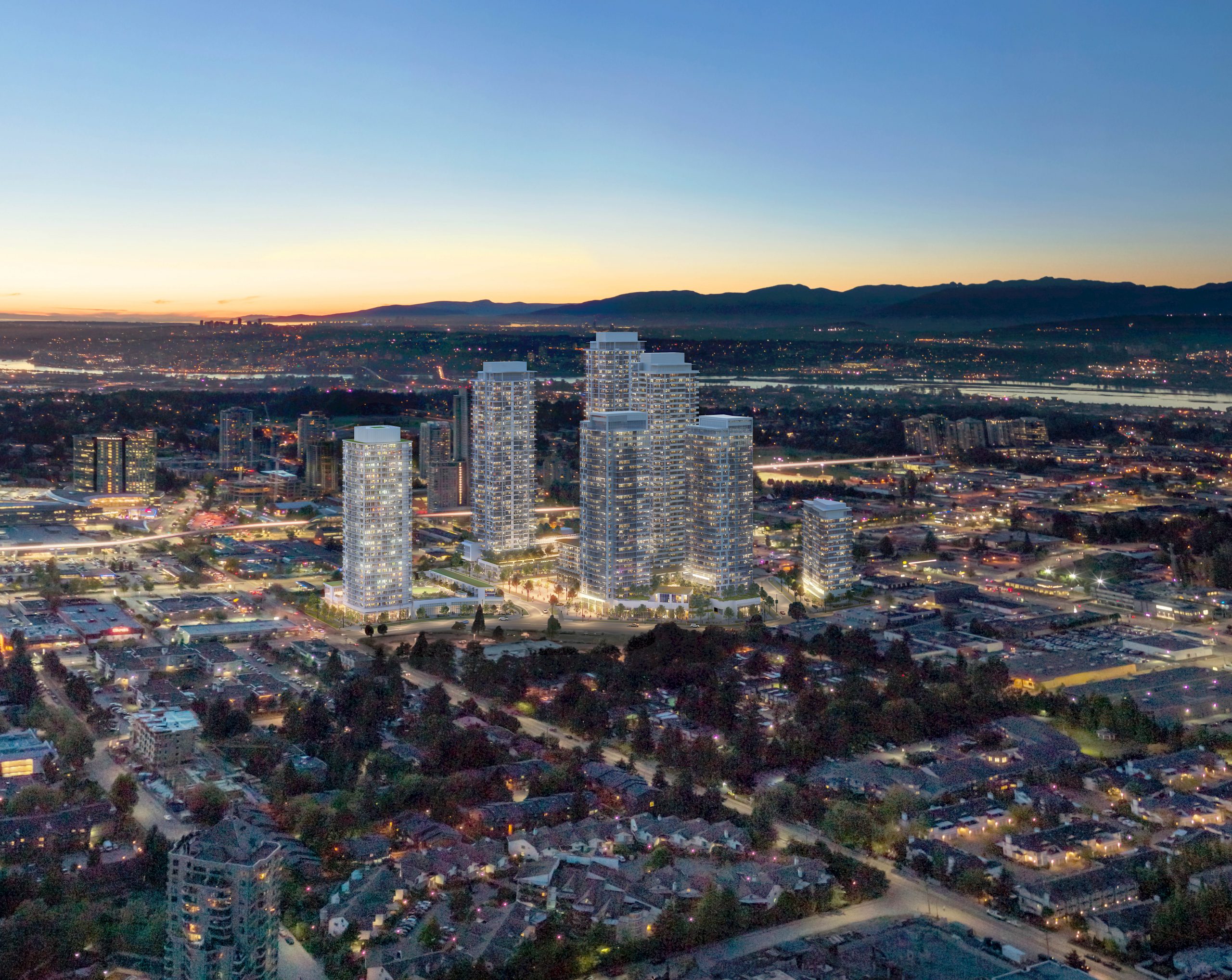DESIBUZZCanada
Events Listings
Dummy Post

International Day Of Yoga To Be Virtually Celebrated Saturday At 4pm

CANCELLED: Coronavirus Fears Kills Surrey’s Vaisakhi Day Parade

ADVERTISE WITH US: DESIBUZZCanada Is The Most Read South Asian Publication Online

SURREY LIBRARIES: Get Technology Help At Surrey Libraries

WALLY OPPAL: Surrey Police Transition Update On Feb. 26

GONE ARE THE DAYS - Feature Documentary Trailer

Technology Help At Surrey Libraries

Birding Walks

Plea Poetry/short Story : Youth Contest

International Folk Dancing Drop-in Sessions
Is Surrey Ready To Be BC’s Largest City With One Million Residents?
- March 14, 2024

Surrey is about to become British Columbia's largest city by 2029, with a population of one million by 2042, says Surrey First Councillor Linda Annis. Annis said data from Stats Canada, BC Stats, and futurists such as demographer Andrew Ramlo of Urban Futures and the Rennie Group confirms that Surrey is growing faster than other parts of British Columbia and Canada, which means now is the time to shape what the future will look like.
By DESIBUZZCanada Staff
SURREY - Ready or not, Surrey is about to become British Columbia's largest city by 2029, with a population of one million by 2042, says Surrey First Councillor Linda Annis.
"Today's grade eight students in an overcrowded Surrey school will graduate into the largest city in British Columbia by grade 12, a practical reminder of just how quickly things are moving," said Annis. "If we're honest with ourselves we'd have to admit that we're not ready, but we could be if our current city council seizes the opportunity and puts a thoughtful and serious long-term plan in place. Surrey is about to overtake Vancouver in population, and in just 18 years we'll top one million residents. I believe today's city council has a responsibility to get us ready and set the stage so that we can take advantage of the years ahead, and ensure future councils have options, and are well-positioned to make good decisions about Surrey's future."
Annis said data from Stats Canada, BC Stats, and futurists such as demographer Andrew Ramlo of Urban Futures and the Rennie Group confirms that Surrey is growing faster than other parts of British Columbia and Canada, which means now is the time to shape what the future will look like.
"One of the most interesting pieces of demographic and population data from the census is that while 45 per cent of the people moving to Surrey are immigrants from outside of Canada, 11 per cent come from other provinces, but a whopping 44 per cent are coming to Surrey from other parts of B.C., largely from other Lower Mainland municipalities like the City of Vancouver," added Annis. "People see Surrey as more affordable for families, and that impression is reinforced by the data. Young families and young workers are the two most important demographics shaping the city and its future. Over the next 20 years, our city will have 240,000 more working age residents. Families and working age individuals are at the heart of this city's future, and that means we have the opportunity to build a stronger local economy with more jobs and businesses that give our residents the chance to work closer to home, rather than spending hours commuting to jobs in neighbouring cities."

Annis said Surrey's growth means infrastructure is a critical priority, something that demands the immediate attention of the city, province, and the federal government.
"Our growth means we need more schools, more hospitals, more transit, more post-secondary education, more parks, rinks and playing fields, and more local jobs that reduce commuting," explained Annis. "The reality is that without a lot more provincial and federal investment in Surrey, we risk falling even further behind on infrastructure and will struggle to catch up. Schools and transit need to be priorities, two areas that require serious partnerships with the city. Surrey kids need schools, and Surrey residents need to be able to get around their city which is the size of Vancouver, Richmond and Burnaby combined."
Annis also points to the city's growing number of seniors, the aging baby boomers, as another demographic that will change how the city sees itself.
"Baby boomers are now a smaller generation than millennials for the very first time, and they are aging differently than their parents or grandparents," noted Annis. "Aging boomers are living longer and are more active than previous generations of seniors, and they want to stay in their city. Seniors are a growing demographic that will help shape the look and feel of Surrey, particularly when it comes to new programs and services targeting this still active age group."
Annis said the city would be smart to pull together a blue-ribbon committee of Surrey residents and professionals to advise city hall on what to expect as the largest city in the province, and how to grow into being a successful city of a million residents.

"We have a pretty good idea how to be a city of 600,000, but we have absolutely no experience when it comes to being a city of one million, or more," said Annis. "City hall doesn't have a monopoly on good ideas, so I want us to hear from residents and experts in our city and elsewhere
"We need to get out into local neighbourhoods to talk to our residents about what's coming and how they'd like us to manage the biggest city in the province, and how to use our growth to our advantage. Done right, growth can mean more options, more opportunities, and more jobs. Done badly, growth can translate into ugly development, sprawl, overcrowding, traffic congestion, and reduced livability. We either get a handle on growth and the future now, or we risk having to play a costly game of catch up in just a handful of years."
Annis said the future is coming "and it's heading straight for Surrey," and preparation by city hall is key.
"Mayor Linda Hepner used to say big ideas don't scare our city, and I want to prove her right," explained Annis. "We can either step up and decide the future we want, or we can stand back and let the future wash over us and hope for the best. Frankly, hope is not a strategy, and our city and its residents deserve better. That means understanding what's coming, and making the right decisions now to ensure we benefit from our growth and its opportunities. It's important that our current city council step up today and take on this generational leadership role. Council cannot spend the next three years on the police transition, to the exclusion of everything else. There's simply too much at stake to ignore the big issues and opportunities in front of us. Frankly, the clock's ticking. This council needs to get on with the police transition, put it in the rearview mirror, and step up to future proof our city."












